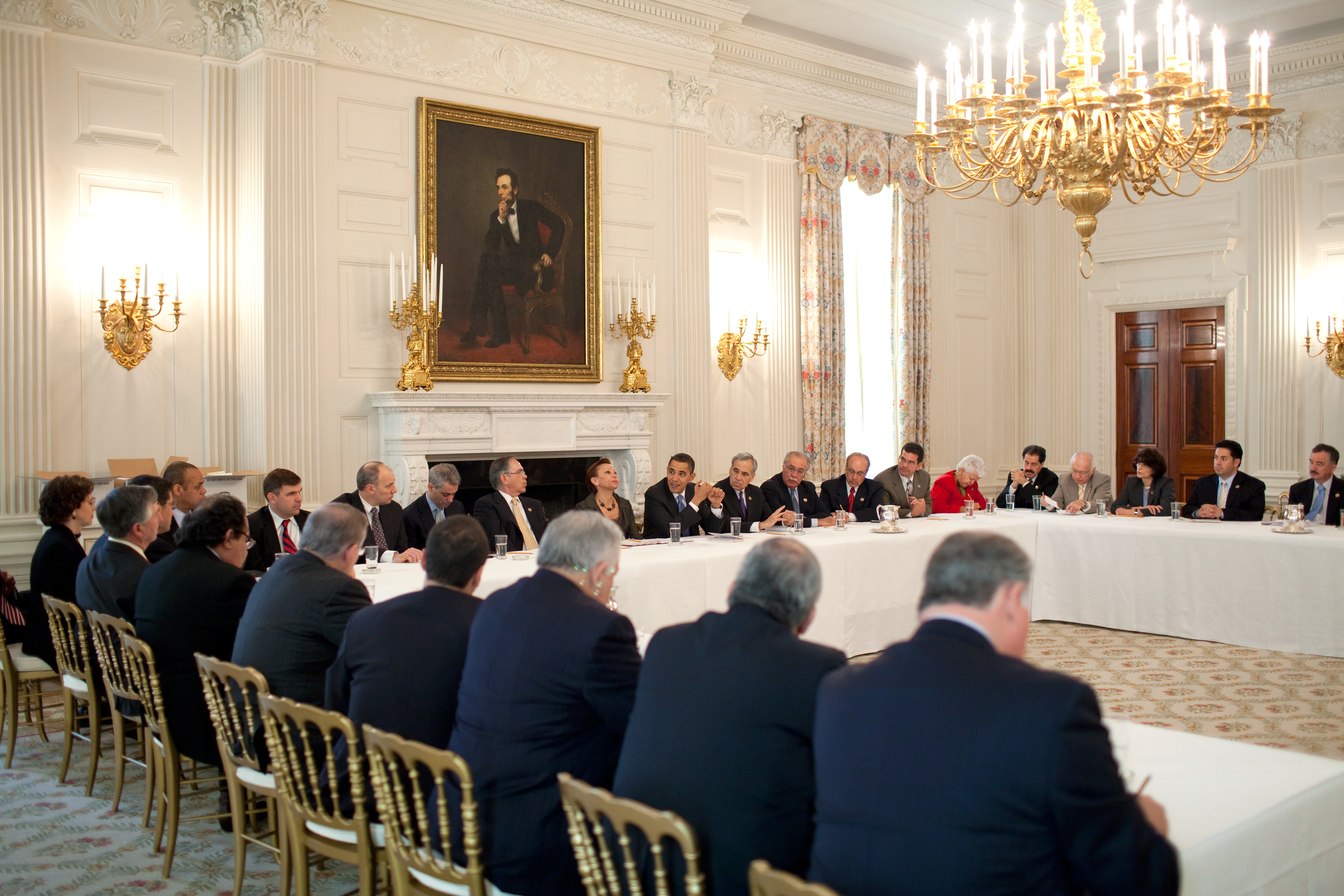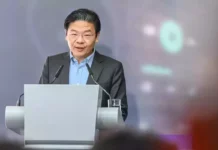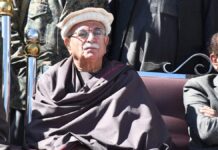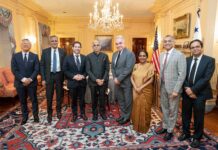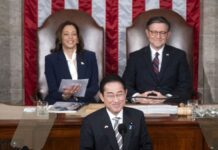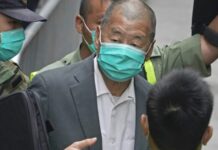WASHINGTON: A US Congressional Caucus on human rights will hold a hearing this week on the situation in Jammu and Kashmir following India’s decision to revoke its special status, but some observers have raised suspicion over its intentions saying witnesses on the panel are well known India bashers.
India on August 5 decided to withdraw Jammu and Kashmir’s special status and bifurcate the state into two Union Territories.
Announcing the hearing, the Tom Lantos Human Rights Commission said “Witnesses will examine the human rights situation in Jammu and Kashmir in the context of the region’s history and larger patterns of rights violations in India and Pakistan, and will offer recommendations for action by Congress.”
The Commission has invited Anurima Bhargava, Commissioner, US Commission on International Religious Freedom as witness in the first panel for the hearing on Wednesday, November 13.
Raising eyebrows over the real intentions of Tom Lantos Commission, congressional observers said its Co-Chairs Congressmen James P McGovern and Christopher H Simth, announced the hearing without notice and has chosen a panel that is “loaded against India”.
The list of witnesses for the second panel released by the Human Rights Commission, which is a Democratic Party dominated bipartisan caucus of the US Representatives, reflects that the panelists are all suspect.
Invitees are people who are totally pitted against India, indicating that the Congressional hearing is all set to be “biased and one sided.”
The announcement of the hearing by the Lantos Committee comes on the heels of a blatant one-sided hearing last month on Jammu and Kashmir. India had termed as “regrettable” criticism by several US Congressmen over the situation in Kashmir, and said the comments reflected a very limited understanding of the country’s history and its pluralistic society.
Congressional observers suspect this due to the massive political funding by groups believed to be Pakistani-Americans and those close to the Pakistani establishment. PTI

